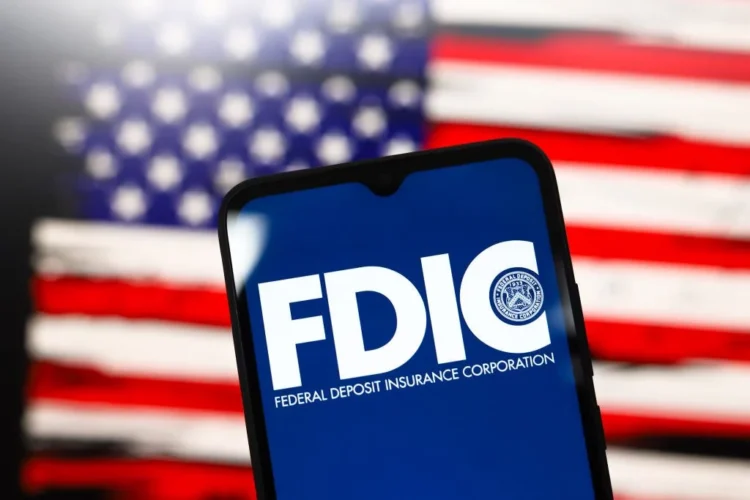Publisher: Maaal International Media Company
License: 465734
4 Auto Companies Enter the US Banking Sector Amid Traditional Banks’ Concerns
By: Fahad Al-Talal
With the acceleration of technology and digital transformation, traditional banks are facing increasing challenges due to the rise of financial technology (fintech) companies, the expansion of blockchain applications, and the emergence of specialized investment funds. However, the latest wave threatening the position of traditional banks comes from major auto companies, which have begun moving directly into the banking market. Nissan, Ford, General Motors, and Stellantis (Chrysler and Fiat) have all applied for industrial bank licenses (ILCs), allowing them to establish banks that provide direct financial services, independent of traditional banking partnerships.
اقرأ المزيد
These companies will be able to conduct banking activities, granting them the same deposit insurance coverage from the Federal Deposit Insurance Corporation (FDIC) as traditional banks, allowing them to make loans and collect deposits, except that their parent companies will not be subject to the supervision of the Federal Reserve, as is the case with traditional banks. Nissan Motor Expansion, the Japanese company’s financial arm, announced on Friday that it had officially applied for an industrial bank license from both the Federal Deposit Insurance Corporation (FDIC) and the Utah Department of Financial Institutions.
Why this move?
Automotive companies justify this move to establish industrial bank (ILC)s with the goal of enhancing their financing capabilities, reducing financing costs through access to FDIC-insured deposits, and providing more flexible financial solutions to dealers and customers without being subject to Federal Reserve supervision. This move is part of a strategic drive to integrate financial services into the sales system, giving companies greater control over the financing and sales cycle and enhancing their competitiveness in the US market. Kevin Collum, Nissan’s head of financial services, said this move helps the company better serve its customers. “Establishing Nissan Bank USA gives us greater flexibility to serve dealers more efficiently and competitively, enabling them to better serve their customers. This bank will help dealers, from small cities to major markets, access the tools they need to grow and strengthen our long-term investment in the U.S. market,” he said. For his part, Dan Pierce, Chairman and CEO of GM Financial, said, “GM Financial will directly support our business model by providing stable, cost-effective financing.”
Banks’ Opposition
Traditional banks argue that this approach is illegal and could lead to a conflict of interest, as they believe that these companies’ escape from Federal Reserve oversight would harm fair competition.
The FDIC is an independent U.S. government agency established in 1933 after the Great Depression. Its primary mission is to protect customer deposits in U.S. banks in the event of bankruptcy or failure, promote confidence in the U.S. banking system, and regulate and monitor commercial banks and the savings institutions they insure.
Senator John Kennedy said in a statement on the matter, “Allowing large companies, such as technology or commercial companies, to own banks without proper oversight opens the door to predatory lending, violations of consumer privacy, and increased financial instability.” In its response to GM’s application for an industrial bank license, the Independent Community Bankers Association (ICBA) stated: “Industrial loan companies owned by commercial enterprises cannot act as neutral credit brokers due to fundamental conflicts of interest. These banks pose an undue risk to the deposit insurance fund.”








